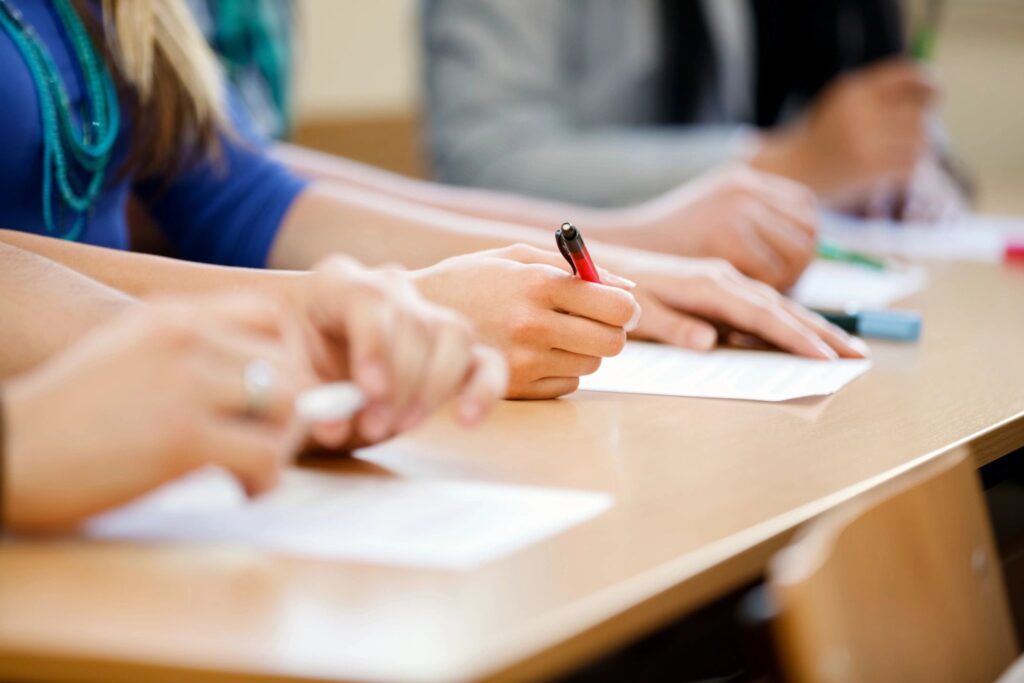
ATLANTA – New results from “the nation’s report card” show that Georgia fourth and eighth graders stand about on par with their pre-pandemic performance in reading, but eighth-grade math scores dropped from pre-pandemic levels.
The National Association for Education Statistics administers the reading and math tests every other year to fourth and eighth graders in sample schools across the country. The last time the tests were administered was in 2019 due to the COVID-19 pandemic. The results, out this week, show how students are faring after major disruptions to school over the past several years.
The Georgia results on the 2022 National Assessment of Educational Progress tests show that average fourth grade reading and math scores and eighth grade reading scores hovered around pre-pandemic rates.
Though Georgia’s average scores for these three tests are a few points lower than in 2019, the differences are “not significantly different,” according to reports released by the U.S. Department of Education’s National Center for Education Statistics (NCES).
But in eighth-grade math, Georgia’s average score dropped from 279 in 2019 to 271 this year, a significant decline.
This year, only about 59% of Georgia eighth graders were considered to have basic skills in math, while 67% met that bar in 2019.
Nationally, scores declined across the board for fourth grade and eighth grade reading and math, according to the NCES.
While many states saw drops from 2019 levels across the board or in many categories, Georgia bucked that trend, with its only significant decline coming in eighth-grade math.
The results come as Georgians gear up to vote for state school superintendent. Democrat Alisha Thomas Searcy is challenging incumbent Republican Richard Woods for the role.
Woods said he was pleased with the results.
“[It’s] a testament to the hard work of teachers and students across this state,” he said. “Knowing that there is still work to be done together, we will remain laser-focused on academic recovery and providing the resources schools and teachers need to invest in students and their success.”
But Searcy said Woods set the bar too low.
“As a parent of three school-age children and a former [local school] superintendent, I am troubled,” she said. “Our goal can’t be to compete for the bottom. My vision is for Georgia students to rise to the top.”
This story is available through a news partnership with Capitol Beat News Service, a project of the Georgia Press Educational Foundation.
